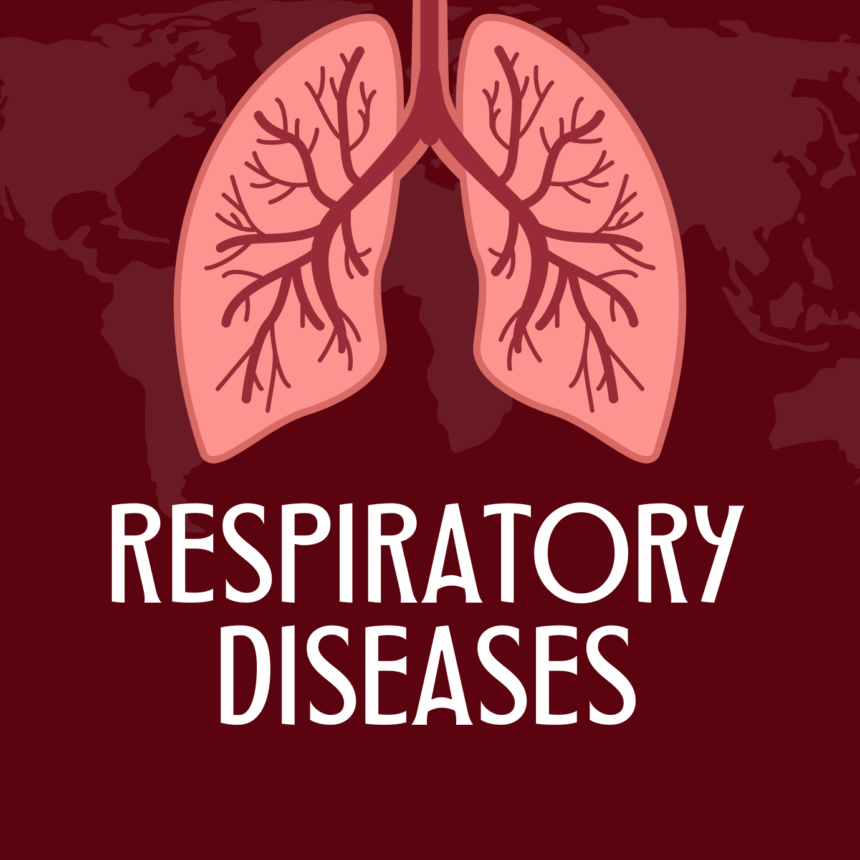In an increasingly industrialized and urbanized world, respiratory health is facing unprecedented challenges due to environmental pollution. Air pollution, in particular, poses significant risks to our lungs and overall well-being. Here, we explore the impact of environmental challenges on respiratory health and ways to cope with them.
Understanding the Threat:
- Air Pollution: The air we breathe is contaminated with pollutants like fine particulate matter (PM2.5), ground-level ozone (smog), nitrogen dioxide (NO2), and volatile organic compounds (VOCs). These pollutants can irritate the airways, trigger asthma attacks, and increase the risk of respiratory infections.
- Climate Change: Rising temperatures and changing weather patterns can exacerbate respiratory conditions. Heatwaves can worsen air quality, and allergenic plants thrive in warmer climates, intensifying allergies.
Coping Strategies:
- Reducing Exposure:
- Indoor Air Quality: Improve ventilation, use air purifiers, and avoid indoor smoking to reduce exposure.
- Outdoor Protection: Check air quality indices and limit outdoor activities on high pollution days. Wearing masks can also help filter out pollutants.
- Environmental Awareness:
- Advocacy: Support policies that aim to reduce pollution and combat climate change.
- Sustainable Living: Reduce your carbon footprint by using public transportation, carpooling, and conserving energy.
- Respiratory Health Management:
- Regular Check-ups: Visit a healthcare provider for lung function tests and screenings, especially if you have pre-existing respiratory conditions.
- Medication Compliance: If prescribed medications for asthma or other lung conditions, adhere to your treatment plan.
- Lifestyle Modifications:
- Healthy Diet: Consume foods rich in antioxidants, like fruits and vegetables, to support lung health.
- Physical Activity: Regular exercise can improve lung capacity and overall well-being.
- Allergen Management:
- Allergen Avoidance: Minimize exposure to allergens like pollen and mold by keeping windows closed during high pollen seasons.
- Emergency Preparedness:
- Emergency Plan: Develop a respiratory emergency plan and ensure access to necessary medications and equipment.
Protecting Vulnerable Populations:
Children, the elderly, and individuals with pre-existing respiratory conditions are particularly vulnerable to the effects of environmental pollution. It’s crucial to prioritize their respiratory health and take extra precautions.
The Road Ahead:
Environmental challenges to respiratory health are not insurmountable. By raising awareness, adopting sustainable practices, and advocating for cleaner air and a healthier planet, we can protect our lungs and those of future generations. Remember, clean air is a fundamental right, and it’s in our collective interest to ensure that the air we breathe promotes, rather than harms, our respiratory health.




